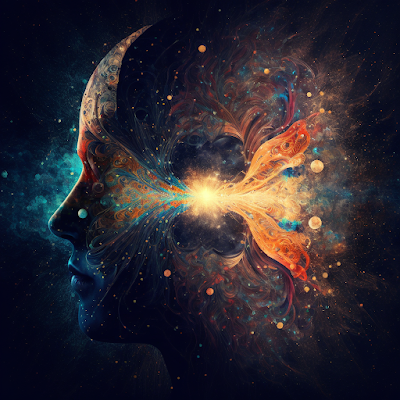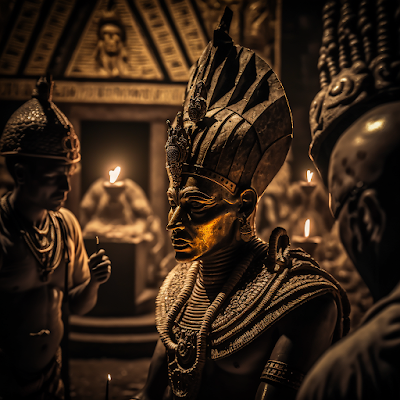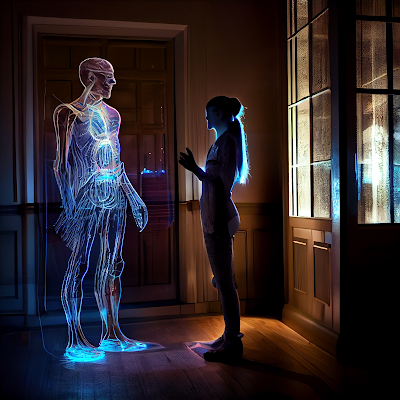The Origin of Time: When Did it All Begin?
Introduction
The concept
of time has been a mystery for humanity for centuries. Philosophers and
scientists have been trying to unravel the mystery of when time began. In this
blog post, we will explore the various theories and concepts surrounding the
beginning of time, including the ancient Greek idea, the Big Bang theory,
steady-state theory, and the bouncing universe theory.
The Ancient Greek Idea
The ancient
Greeks believed that time was eternal and unchanging, and that it was a
fundamental aspect of the universe. They believed that time was a measure of
the movement of objects and was necessary for change to occur.
The Big Bang Theory
The Big Bang
theory is currently the most widely accepted explanation for the origin of the
universe. According to this theory, the universe began with a massive explosion
that occurred approximately 13.8 billion years ago. The theory posits that the
universe started as a singularity, an infinitely dense and hot point in space
and time. As the universe expanded and cooled, matter and energy began to form,
leading to the formation of galaxies, stars, and planets.
Limitations of the Big Bang Theory
The concept
of the Big Bang singularity is not physically possible as per the laws of
quantum mechanics, and the laws of general relativity break down at the
singularity. Thus, scientists are still working to understand the origins of
the universe and the nature of time.
Steady-State Theory
Another
theory that was proposed to explain the beginning of time is the steady-state
theory. This theory posits that the universe has always existed and will always
exist, with new matter being continuously created to fill the expanding
universe. However, this theory has been largely discredited by observational
evidence.
Bouncing Universe Theory
The bouncing
universe theory proposes that the universe has gone through an infinite number
of cycles of expansion and contraction, with each cycle beginning with a Big
Bang and ending with a Big Crunch. This theory suggests that time is cyclical
and eternal, rather than having a specific beginning point.
Conclusion
The concept
of when time began is an ongoing topic of debate among scientists and
philosophers. While the Big Bang theory is currently the most widely accepted
explanation for the origin of the universe, there are still many unanswered
questions and alternative theories being proposed. Further research and
advancements in physics and cosmology may help to provide a more complete
understanding of the nature of time and the beginning of the universe.











Comments
Post a Comment